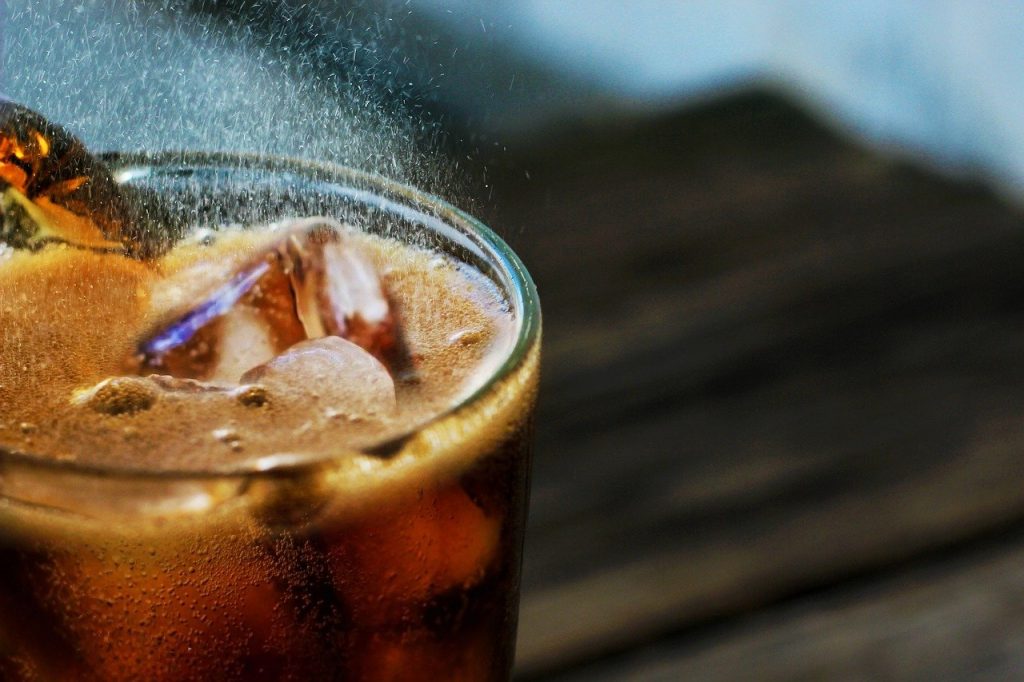You know that obesity and being overweight can lead to heartburn, but did you also know that acid reflux can lead to weight loss? If acid reflux is causing you to lose weight, it’s become a chronic problem, and the weight loss can lead to other harmful conditions. Following a diet to reduce acid reflux, therefore, not only relieves heartburn but can also help you stabilize your weight.
Heartburn, Acid Reflux, and GERD Explained
Eating too much or eating the wrong kinds of foods can cause heartburn and acid reflux. Heartburn is the feeling you get when stomach acid regurgitates back up into your esophagus. This regurgitation is what’s known as acid reflux. The acid irritates the delicate lining of your esophagus and causes a burning sensation in your chest. When this happens frequently, you have GERD (gastroesophageal reflux disease). Weight gain or carrying excess weight significantly increases your risk of these conditions.
A study published in the New England Journal of Medicine has shown surprising results – gaining a few additional pounds can increase your heartburn risk, even if your body mass index (BMI) is still within a healthy range. Exactly why excess weight causes heartburn is still uncertain, but here are four trains of thought.
1 Many researchers think that excess fat around your belly causes increased pressure against your stomach and your esophageal sphincter (doorway) that keeps acid from regurgitating up into your esophagus.
2 Extra weight impairs your body’s ability to empty your stomach quickly.
3 Overeating, even among people in a normal or lower weight range, can increase pressure on the stomach and sphincter.
4 Poor gut health, including maldigestion, dysbiosis, and small intestine bacterial overgrowth (SIBO) may be the underlying cause of gastroesophageal reflux disease (GERD).
The GERD Yoyo
If you have GERD, then you know how frustrating it can be.
Nausea, difficulty swallowing, loss of appetite, and persistent vomiting are all complications of GERD. So it’s no wonder that once the condition becomes chronic, you can start losing weight.
All of these symptoms make it challenging to consume and digest food to regain weight, leading to less food consumption and – ultimately – weight loss. Some people who suffer from GERD lose so many pounds that their weight becomes insufficient.
What Can Help Relieve Symptoms? A Good Acid Reflux Diet
An acid reflux diet can relieve heartburn, acid reflux, and GERD symptoms. Symptom relief can either help you gain back the weight you lost – or keep you feeling good while you lose the weight you need to lose in order to overcome GERD altogether.
Rather than giving you a complicated list of dos and don’ts, we’ll keep our acid reflux diet advice simple. Here’s all you have to remember:
- Avoid your triggers.
- Smaller is better.
- Skip the late-night snack.
- Avoid drinking water with meals.
So…
Foods to avoid when you have heartburn and acid reflux
The three primary categories that you’ll want to eliminate from your diet are alcohol, caffeine, and spicy foods. Tomatoes, fried foods, and chocolate commonly trigger heartburn, so avoiding them is your best bet if you want to stave off the heartburn.
How to keep meal portions small
Once you determine the number of calories you need per day, divide them into smaller meals throughout the day rather than a couple of big meals. Eating smaller, more frequent meals reduces overeating and minimizes abdominal pressure. If you can’t eat small frequent meals, keep your portions small, slow down when eating, chew thoroughly, and stop eating when you feel full.
Skip late-night snacks
If you’ve gotten into the habit of eating popcorn while binging programs before bedtime, kick it. Eat your last meal (and snack) several hours before bedtime. This will diminish the occurrence of heartburn as well as give you a better night’s sleep!
Avoid drinking water with meals
Often acid reflux is due to low stomach acid. A reduced amount of stomach acid can lead to an increase in intra-abdominal pressure (IAP), which can cause your esophageal sphincter to open. This allows small amounts of stomach acid to touch the esophagus and cause the familiar burning sensation. If you drink water with meals, this will only further reduce the acidity of your stomach acid. It’s best to drink water 30 minutes outside meals.
What About If You Need to Shave Off the Pounds?
If you’re obese or overweight and suffering from heartburn, acid reflux, or GERD (but aren’t experiencing weight loss issues), then it’s time to lose the excess weight.
Not convinced? Here are some facts:
- Obese people are about three times more likely to have heartburn.
- A Nurse’s Health Study of 10,000 women found that gaining 10 to 20 pounds was associated with a threefold increase in heartburn symptoms.
- The same study found that losing weight can reduce a woman’s risk of heartburn by as much as 40%.
Need Help With the Weight?
Losing weight may be easier said than done. Not everyone can just go on a diet, do some extra exercise, and lose the weight needed to get them back into a normal range. That’s where medical weight loss programs come in.
An excellent medical weight loss program is more than just diet and nutrition counseling. For example, our NavaRX program is designed to help you achieve your desired weight loss under the close supervision of a Nava practitioner. It includes a personalized diet along with a daily dose of a fat-burning medically prescribed peptide. This approach addresses multiple issues and helps you learn what works for you to get the weight off and keep it off long-term.
When to See a Doctor About Acid Reflux
If your symptoms persist, please take action before continuing long-term on our acid reflux diet tips above.
For instance, if you have frequent acid reflux and heartburn or think that you may be suffering from GERD, consider checking in with a Nava practitioner. It’s possible your provider will order stool testing and/or food sensitivity testing to determine the root cause of the GERD and treat it once and for all.
It’s important to understand that heartburn can also be a symptom of more significant problems that require other solutions.
So – call your doctor if you have heartburn and severe abdominal pain or bloating, hiccupping or coughing, or difficulty swallowing. These can be signs of a more serious condition.
If you have heartburn and nausea, vomiting, or severe chest pain/pressure, seek medical help immediately as you may be having a heart attack.
Are you concerned about your gut health or GERD symptoms? Contact us for a consultation today!



